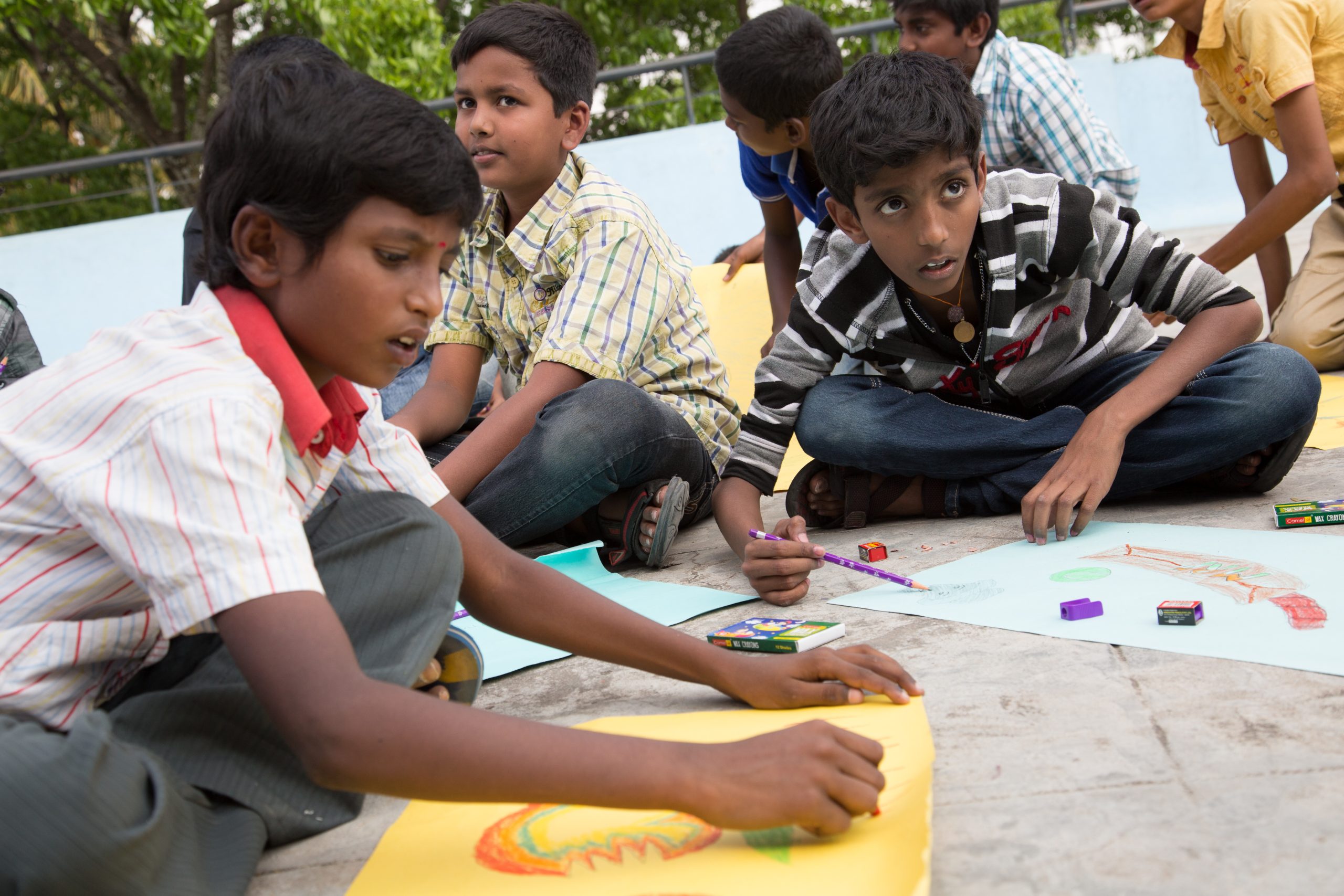In the UNICEF State of the World’s Children report 2021, India was the only country where a majority (59 per cent) of young people (15 to 24 years old) believed mental health to be a personal matter to be addressed on their own; while 41 per cent believed sharing experiences with others and seeking support is better. Stressors related to academic pressure, career path, interpersonal relationships, access to opportunities and discrimination along with rapid biological, psychological, and social transitions make young people highly vulnerable. Still, mental wellbeing is seen by a majority as a personal and not a collective issue. A cross-sectional study published in Journal of Family Medicine and Primary Care of 566 secondary school teachers in South India, found that nearly 70 per cent of teachers believed depression to be a weakness. Young people learn to stigmatise mental health conditions by mirroring behaviours they see around them. The National Mental Health Survey 2015-16 revealed that 9.8 million teenagers in the age group 13-17 years suffer depression and other mental health disorders and are “in need of active intervention”. Despite the increased conversations around wellbeing in India, especially after the widespread impact of the pandemic; creation of safe spaces for young people from adversity and marginalisation to promote their mental wellbeing remains largely unaddressed.
We, at Dream a Dream have in the last 22 years understood that learning environments are critical platforms to encourage inclusion, promote and protect mental health of young people. In our Direct Impact programme, we try to create a positive atmosphere where strong, nurturing relationships between facilitators and young people foster a sense of belonging, leading to authentic engagement and a positive impact on wellbeing. Yashyashwini, an eloquent young person from Thriving Centre at Dream a Dream, that runs life skill development programmes for 15–22 year olds, shared her experience, “I want to become a teacher and facilitate learning; just like Prathib Anna. When my sister and I came to the Thriving Centre for the basic computer course, we felt so anxious that we decided not to come again. While participating in our first session, Prathib Anna told us that it is ok to feel anxious in a new situation. The acceptance of our feelings without judgement was something we had never experienced outside. I want to give this kind of experience to all young people.”
Prathib Willvan, Facilitator at Thriving Centre, feels that it is in the DNA of Dream a Dream to enable agency among young people via life skills. “I identify with their anxiety and aspirations. I wanted to play football in school, but was discouraged and told that I was unfit. Only my friends supported me to not give up. I want these young people to know that I will support them through challenges. I bring in the value of developing personal connections in my facilitation. Today, young people have access to a lot of information digitally. Many times I feel less informed. The only way to work with this is to facilitate a learning environment where there is no hierarchy and a respect for divergent opinions. They will start trusting me when I become a good listener. Today, they share their problems with me. I do not have the solutions, but often they just need someone to talk to, while finding their own solutions. A young person going through tremendous mental stress shared how he felt like giving up but knew that he had to stand up for himself. I validated his feelings while showing support. Having an anchor during such turbulent years of life is what most young people need to overcome challenges.”
Uma Maheshwari, a Creative Arts facilitator at Thriving School, works with young people above 8 years. She narrated how young people learn to manage problems, “During a reflection session, a young person shared that being the class monitor, she had collected all the answer sheets for a test. Her best friend had missed one question and was requesting her to give her the answer sheet to make the changes and re-submit it without the knowledge of their teacher. She was in a dilemma where she wanted to help her friend but also knew that cheating is not the way. After much deliberation, the young people reached a consensus that the friend will be helped to manage her time better henceforth, as allowing her to cheat will be unfair to all students. This realisation was reached through an open discussion led by young people and facilitated by me. Young people are capable of overcoming challenges if they get a safe space to think and reflect. They take these classroom examples to their life.”
The stories of young people highlight how anxiety and exclusion are outcomes of valuing speed and scores as markers of success, where popular narratives have made the definition of success so narrow that it excludes 90% of the children growing up in adversity. While schools continue to measure success on narrow academic indicators of numeracy and literacy alone, it is time to contemplate if success can be viewed through the broader lens of values- by showing up for our community, becoming better citizens and by being resilient in the face of adversity. Can we move beyond competition and exclusion and pave the way for better relationships? Can our education system ensure facilitation among young people with empathy where cooperation, mindfulness and wellbeing becomes our collective goal?
About the author: Saba Ahmad is a Copy editor, with the Communications team at Dream a Dream


